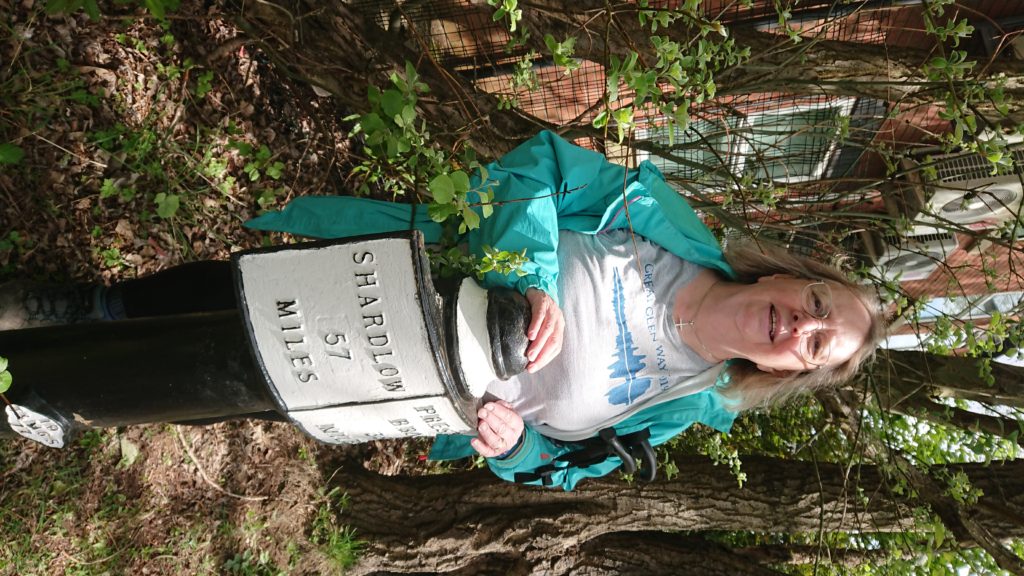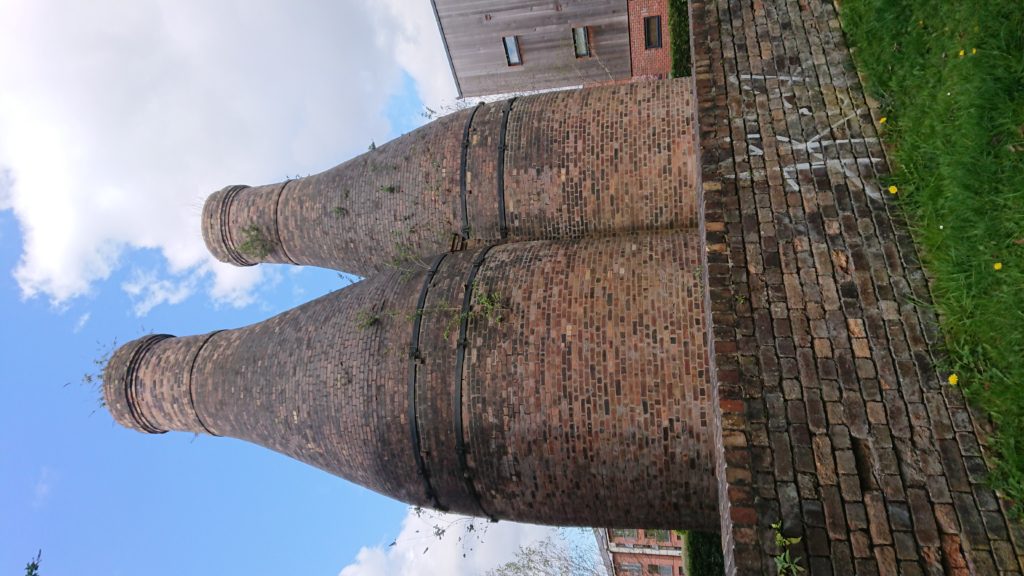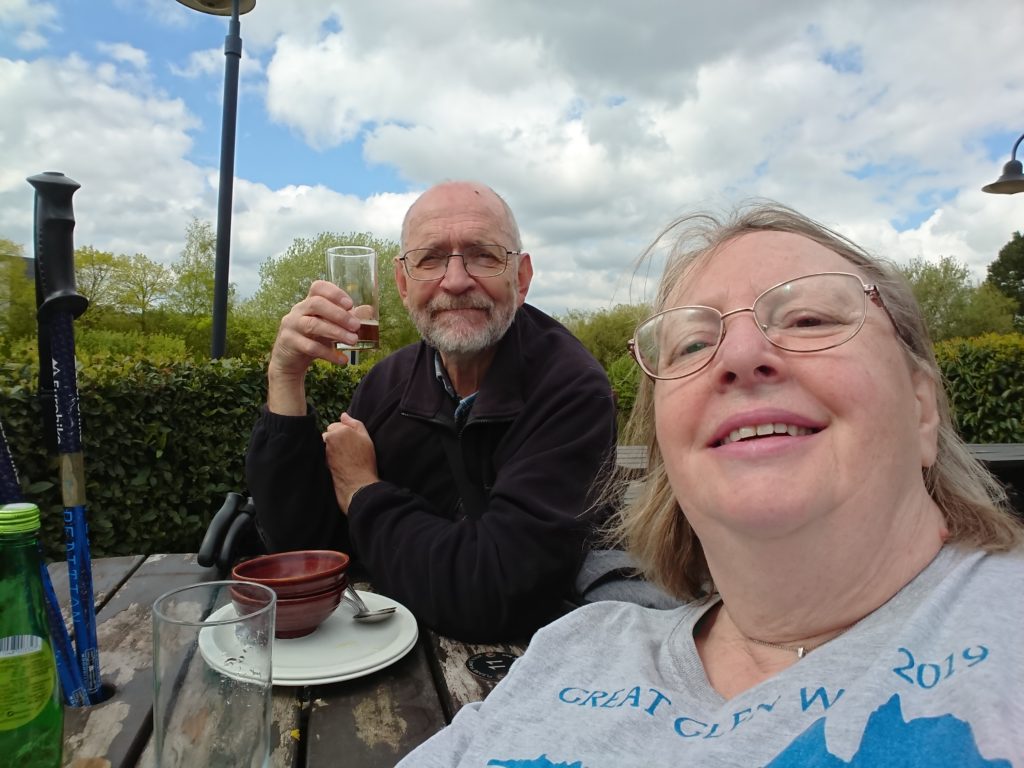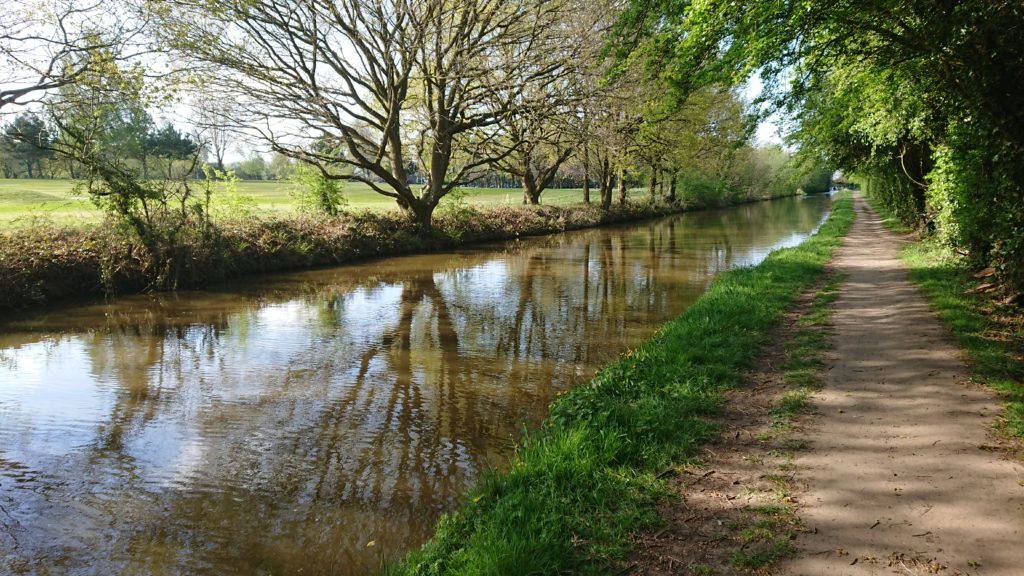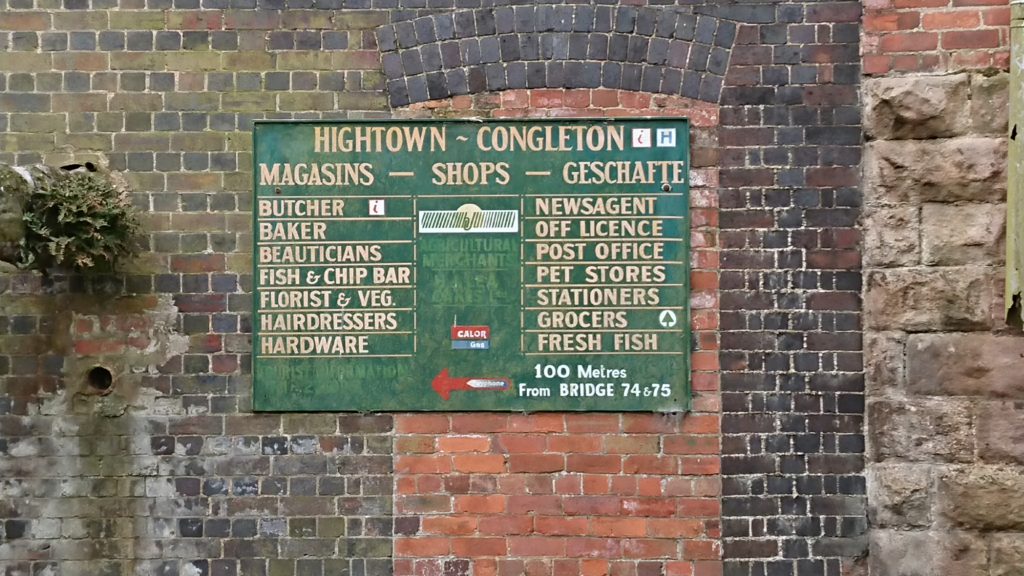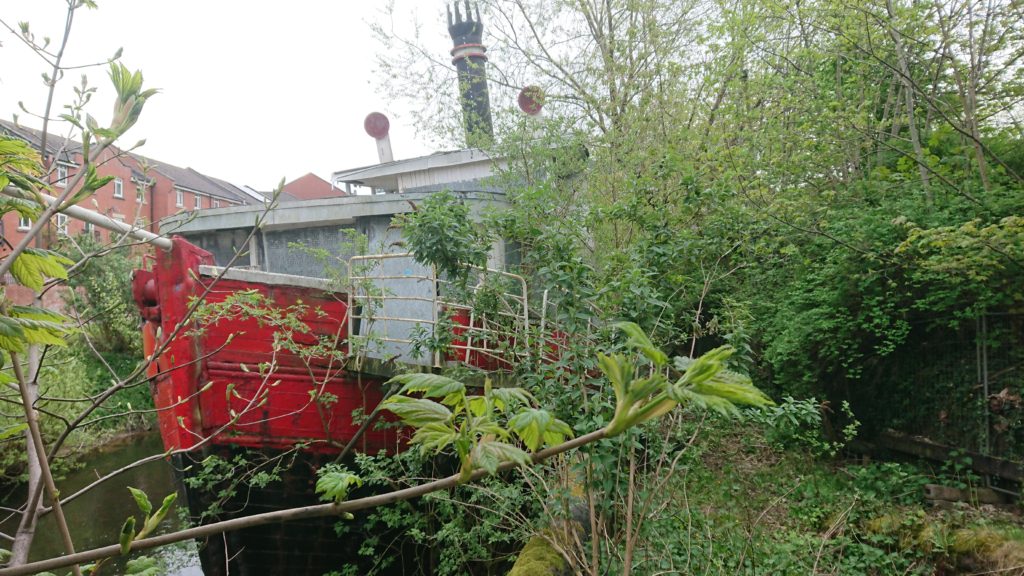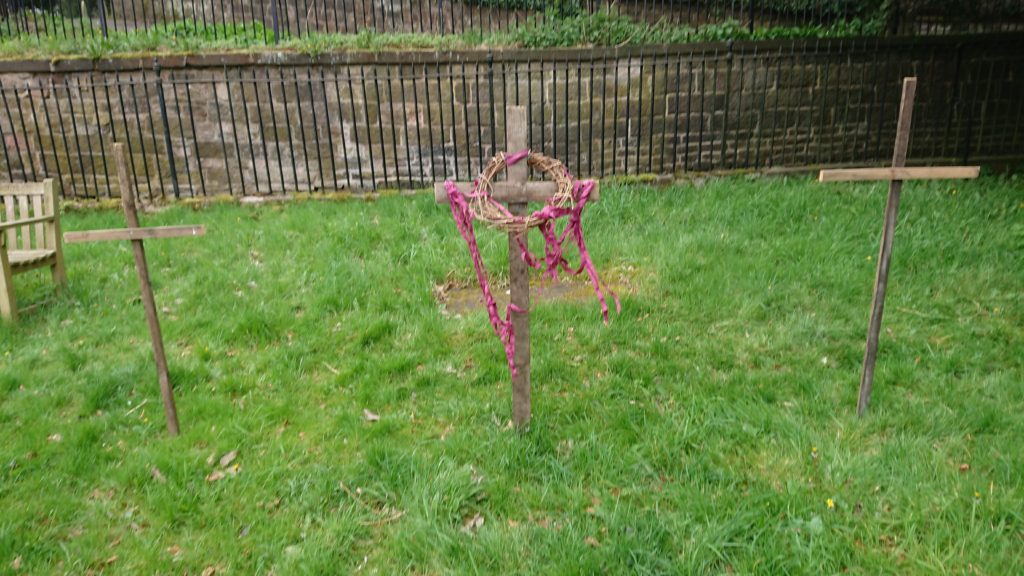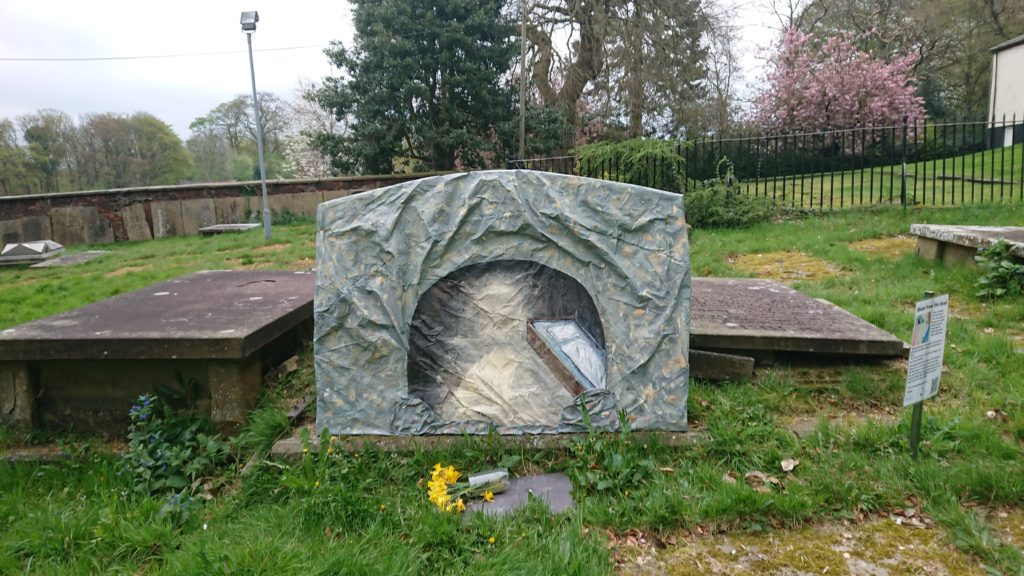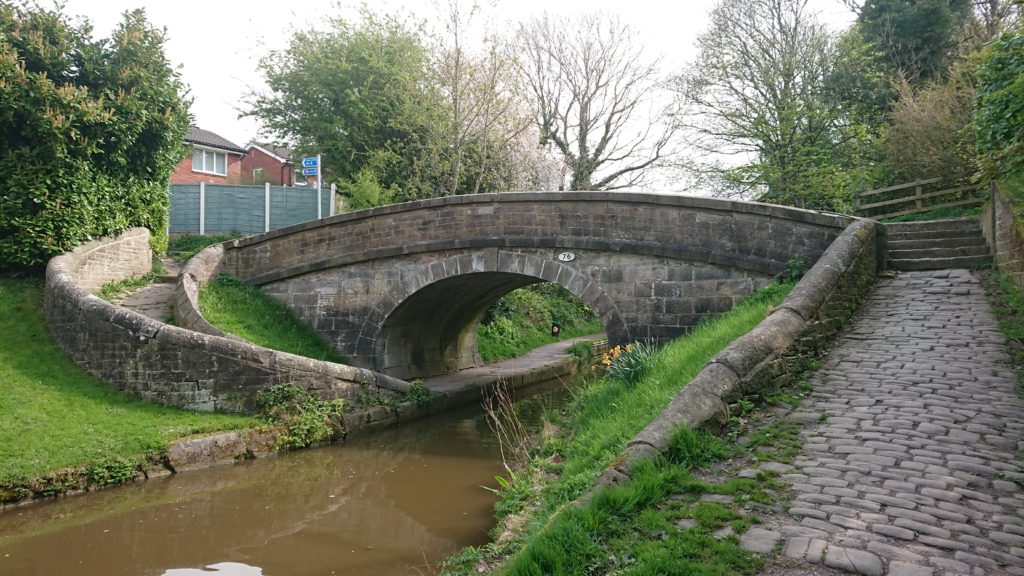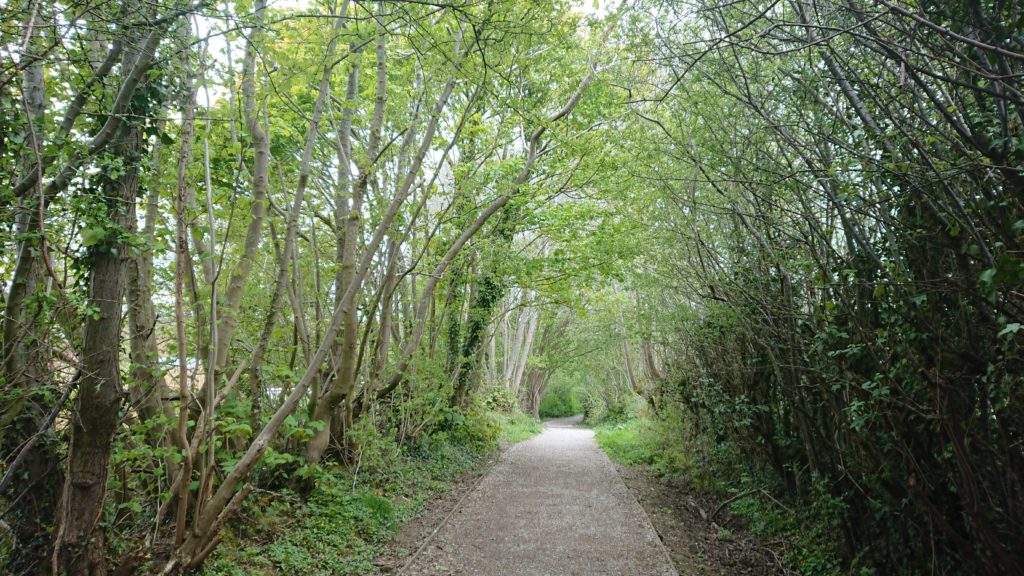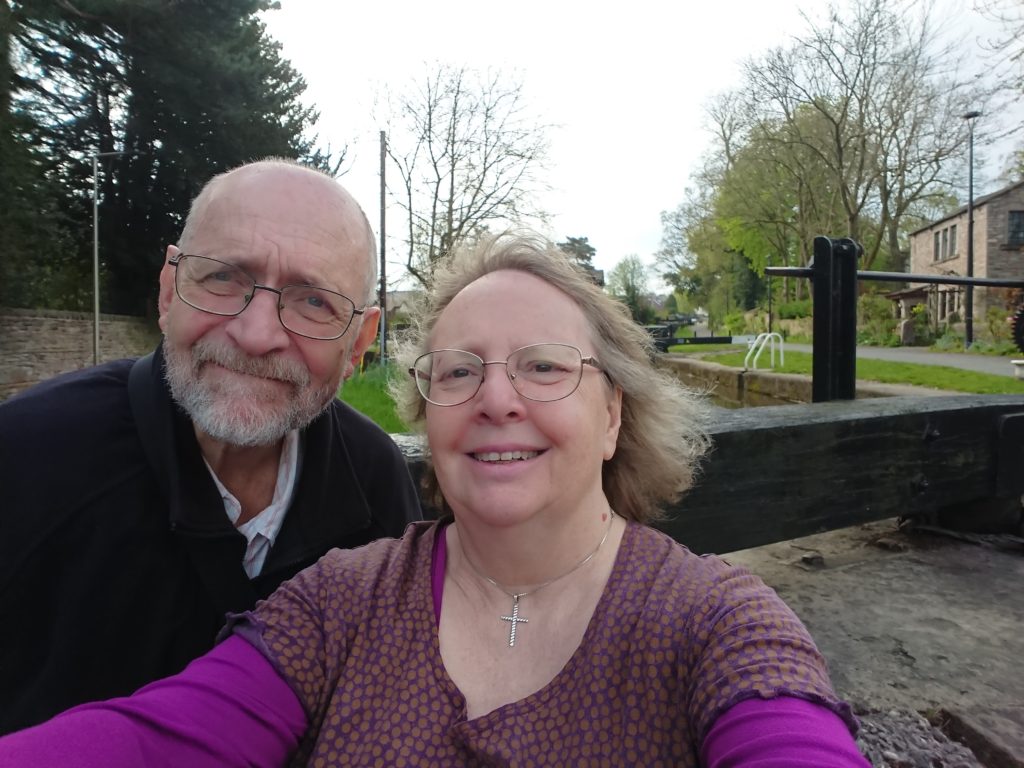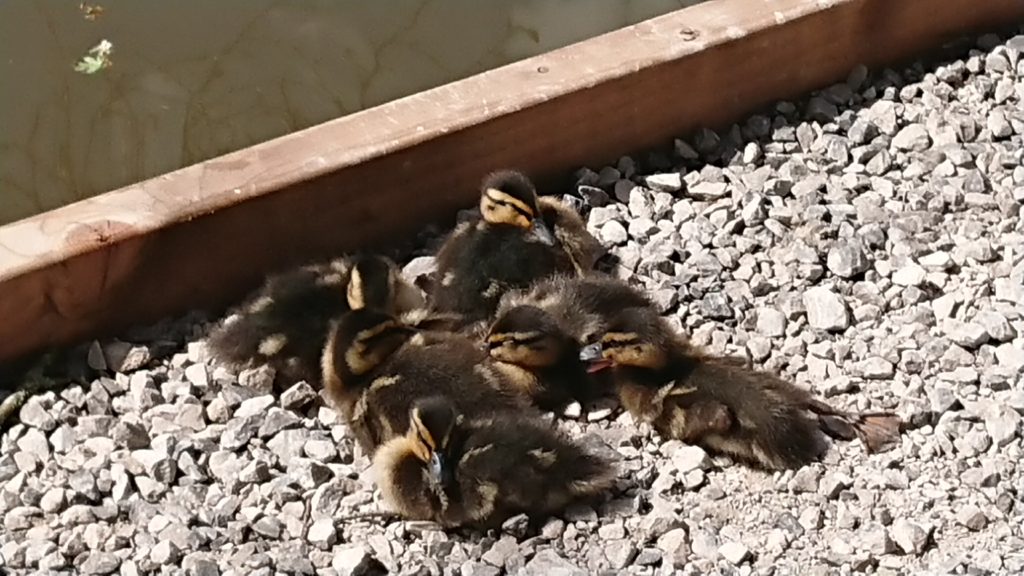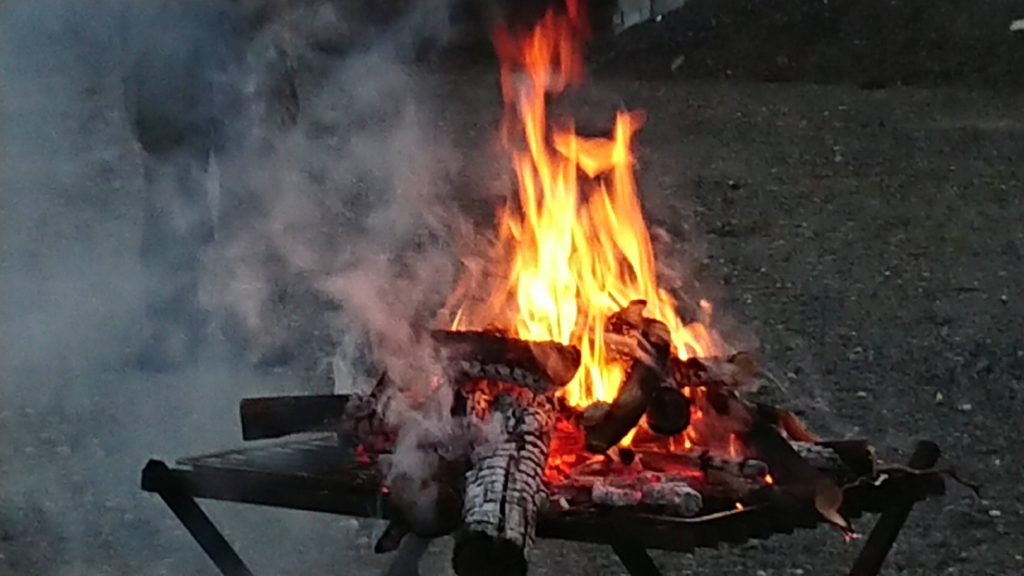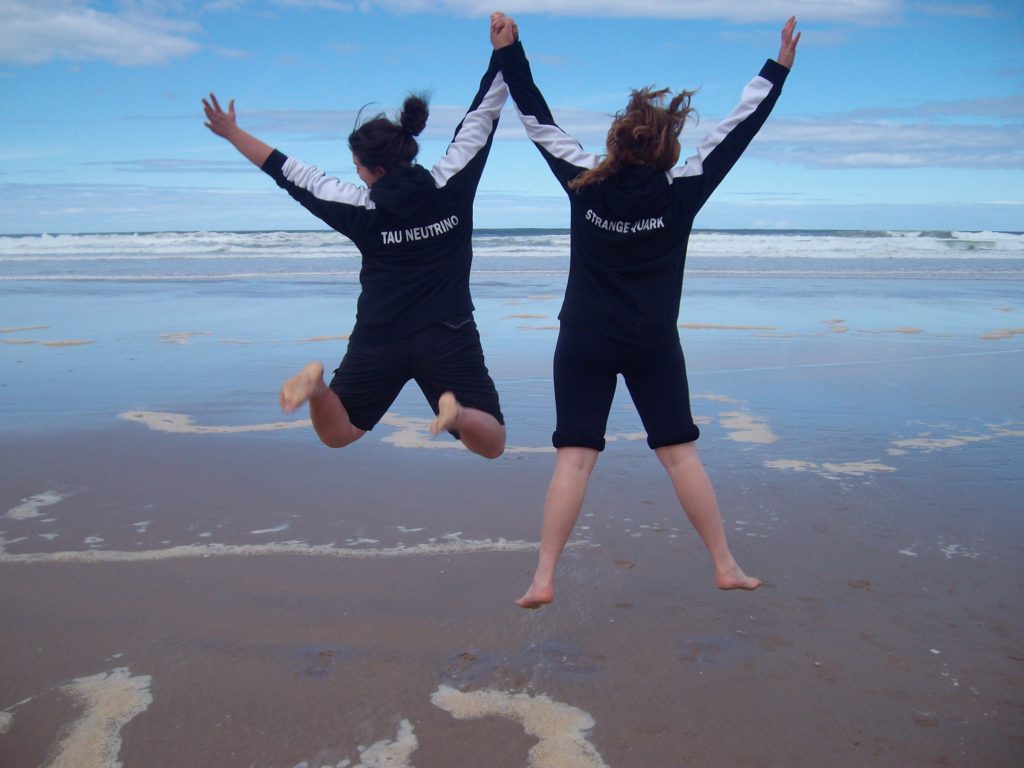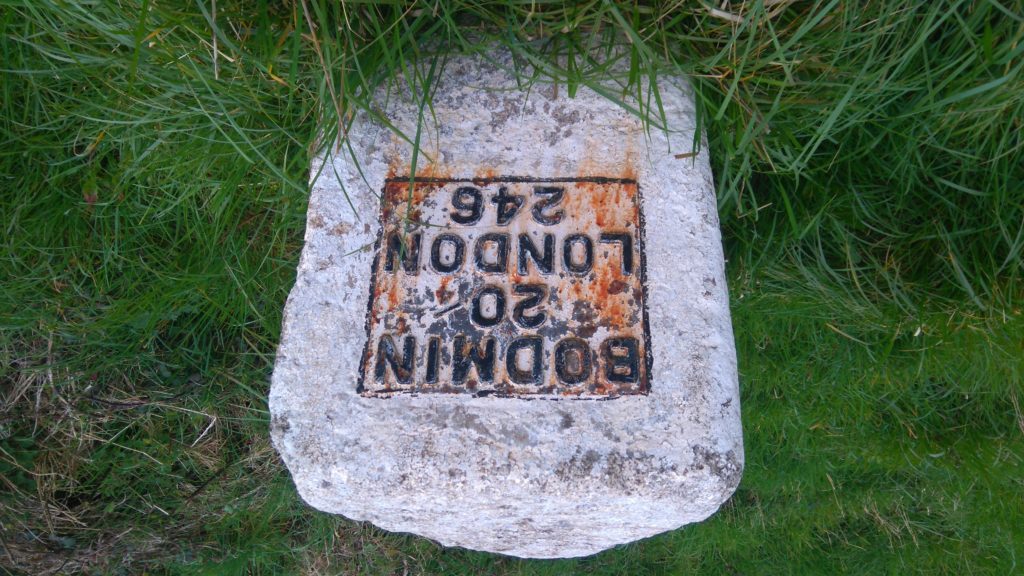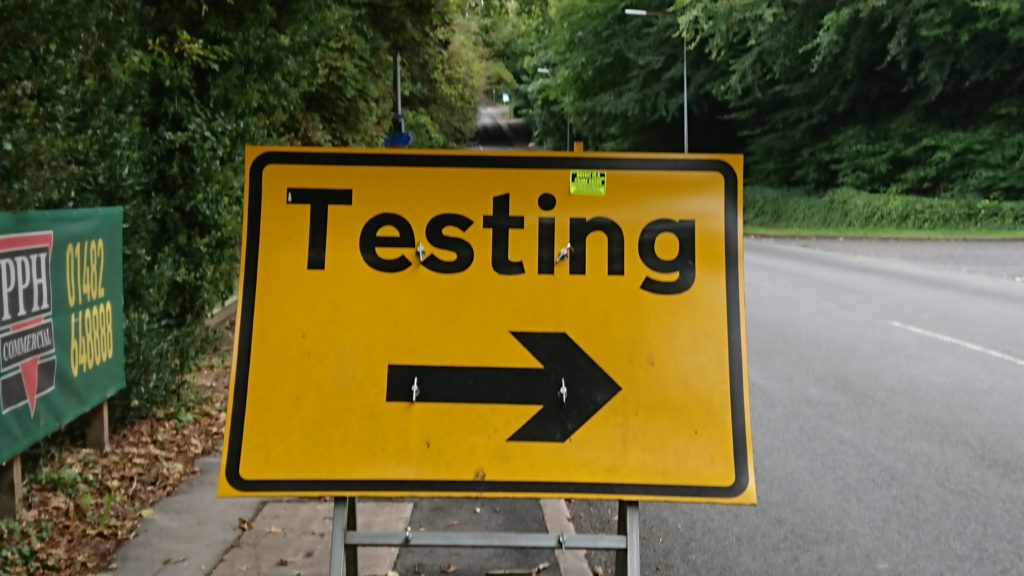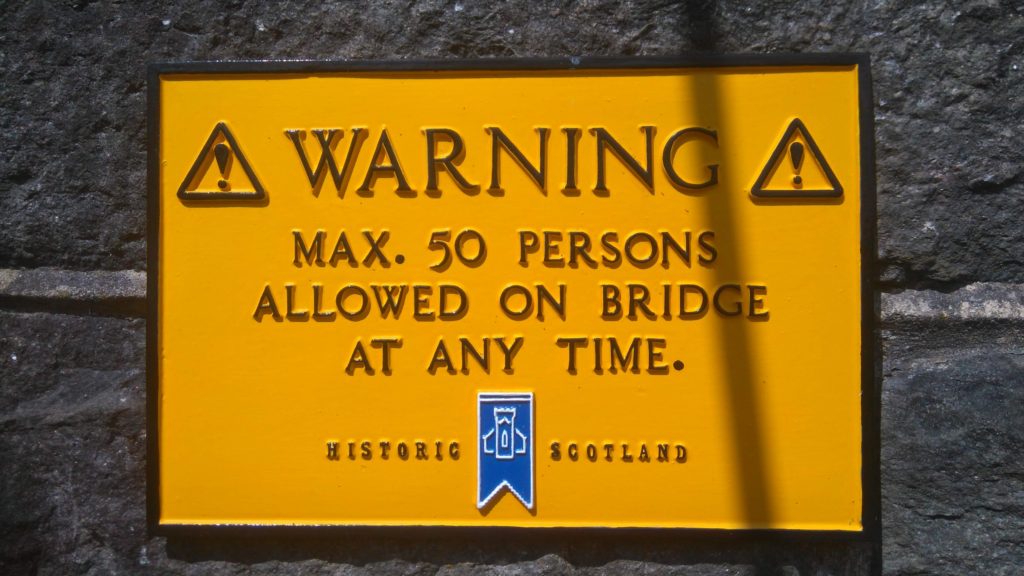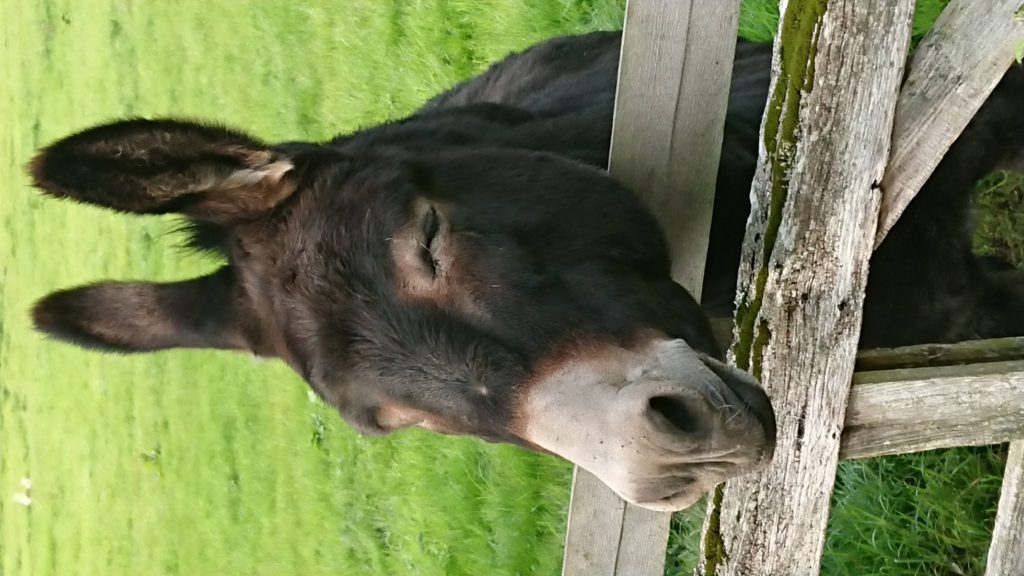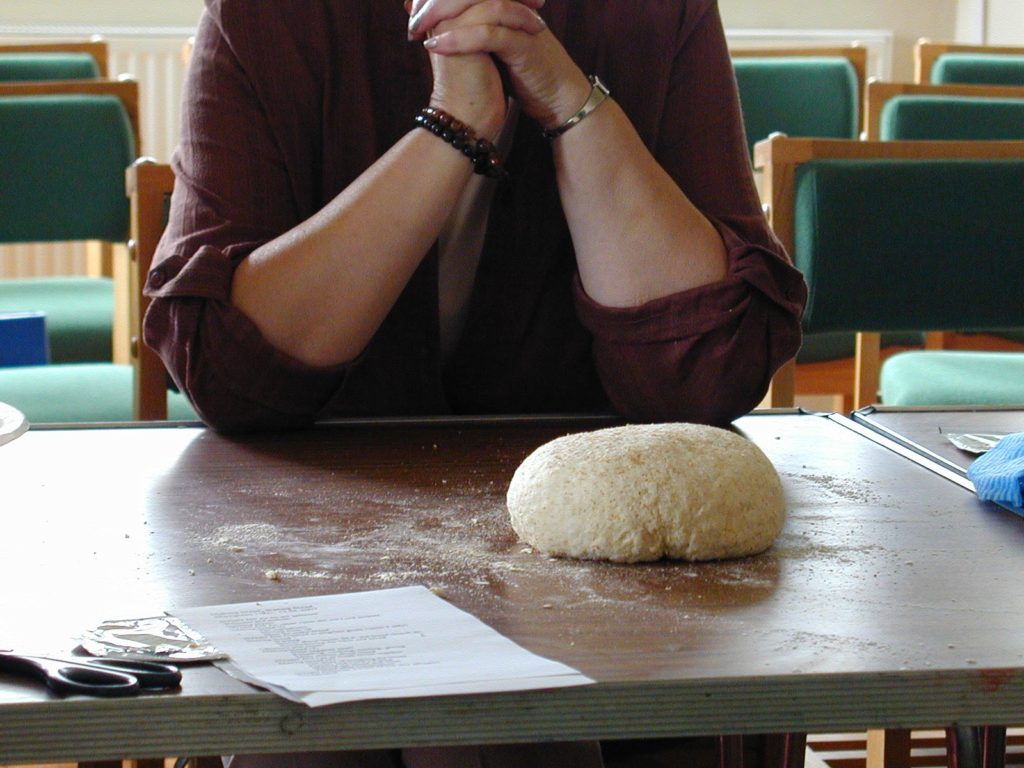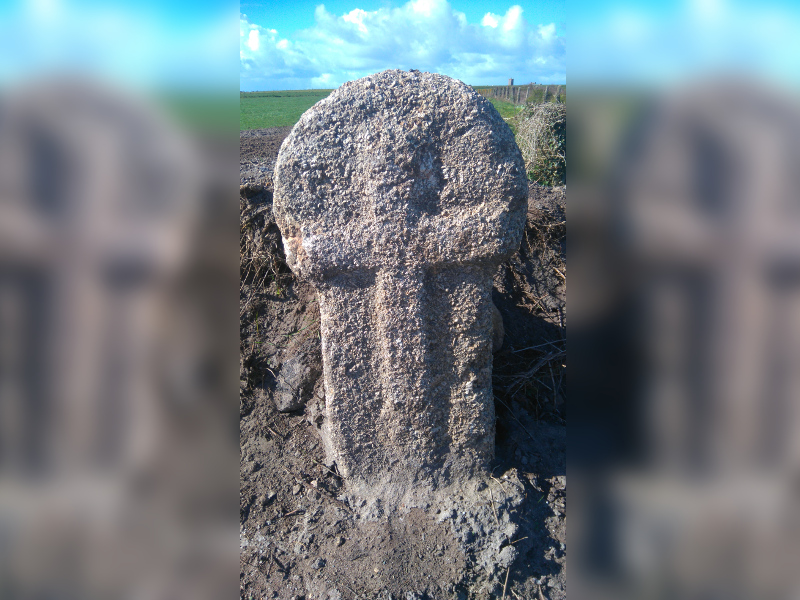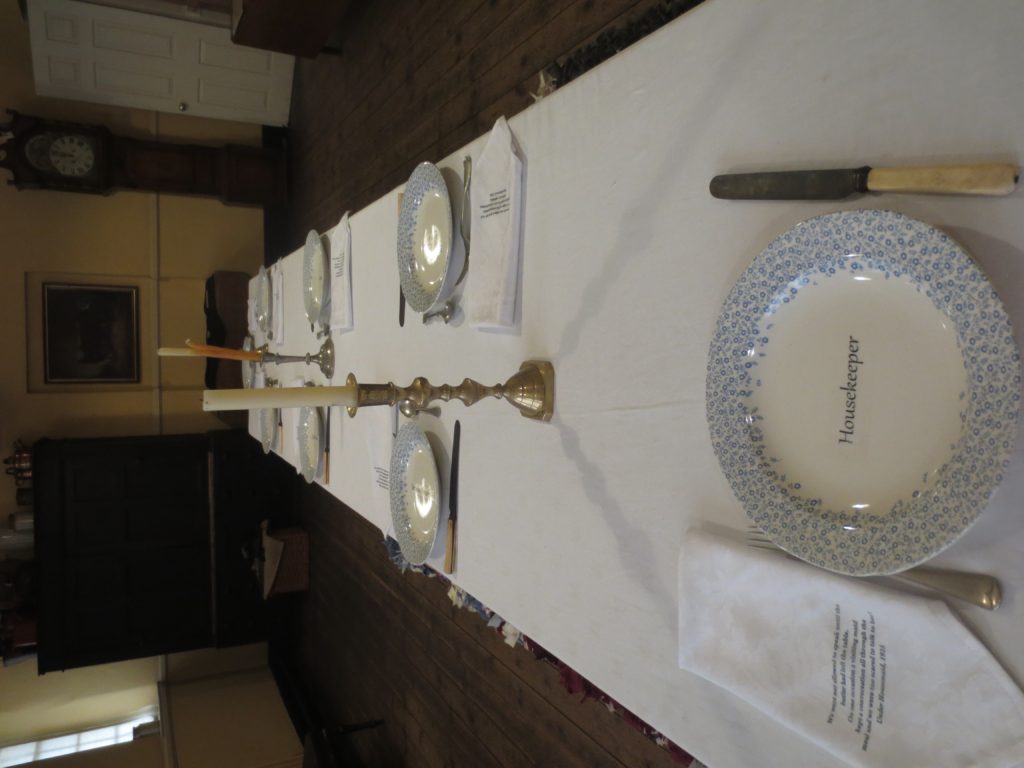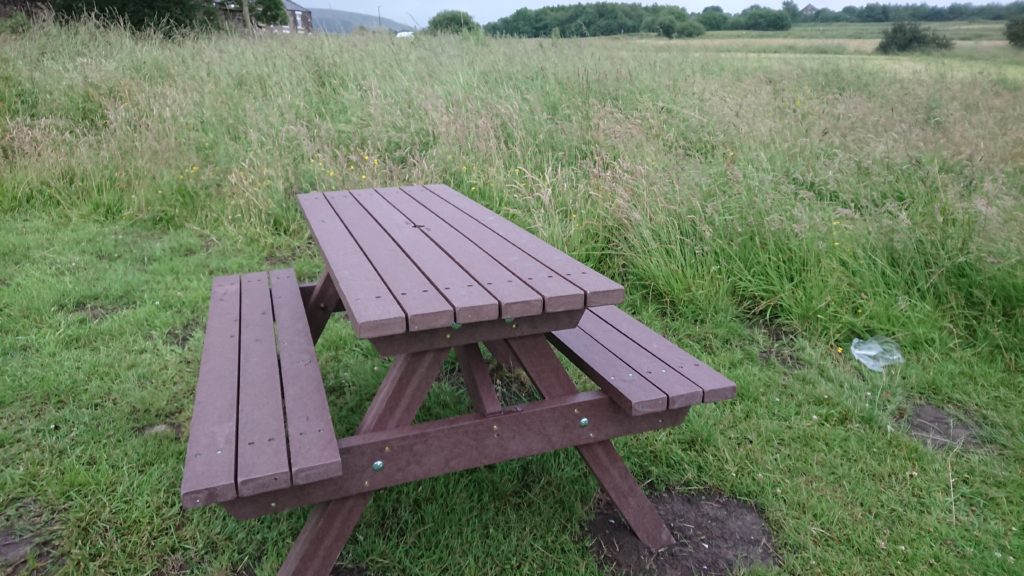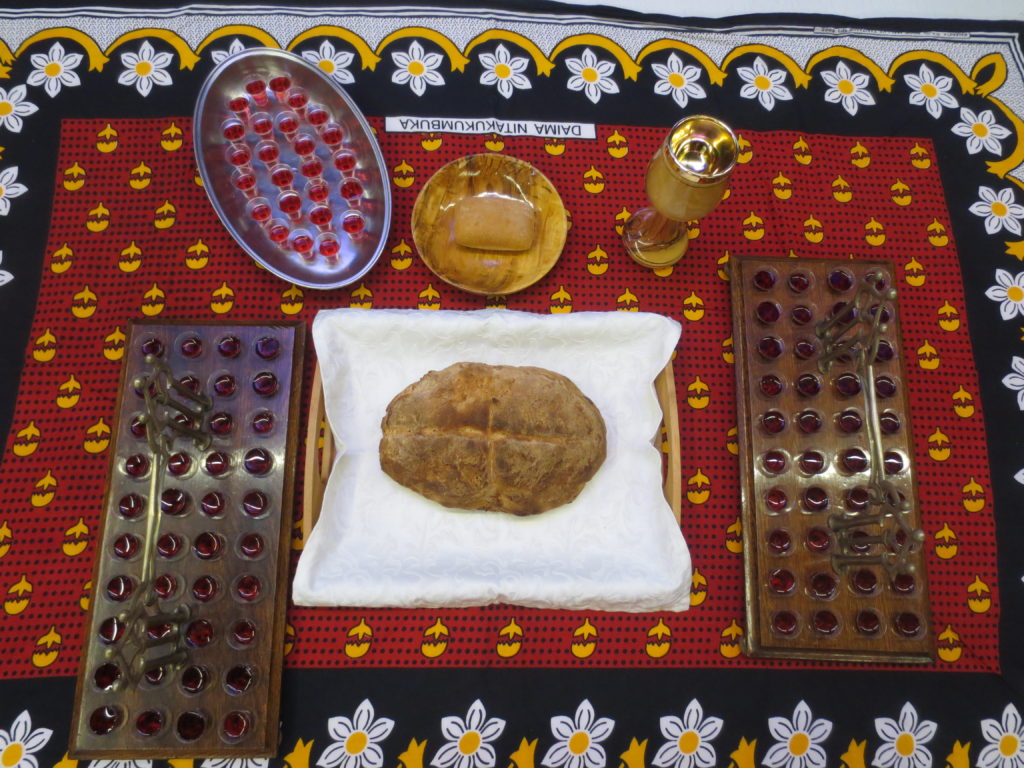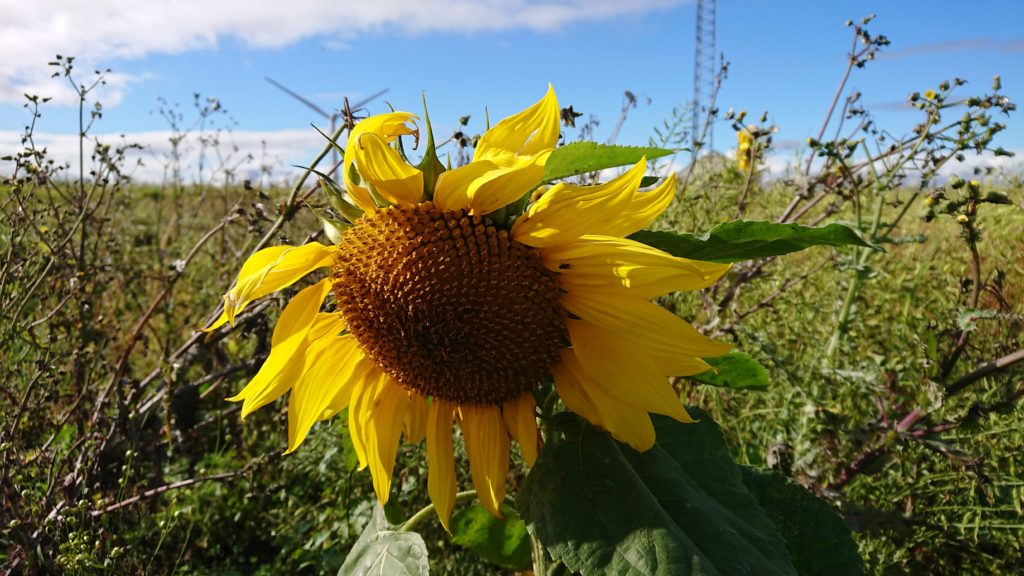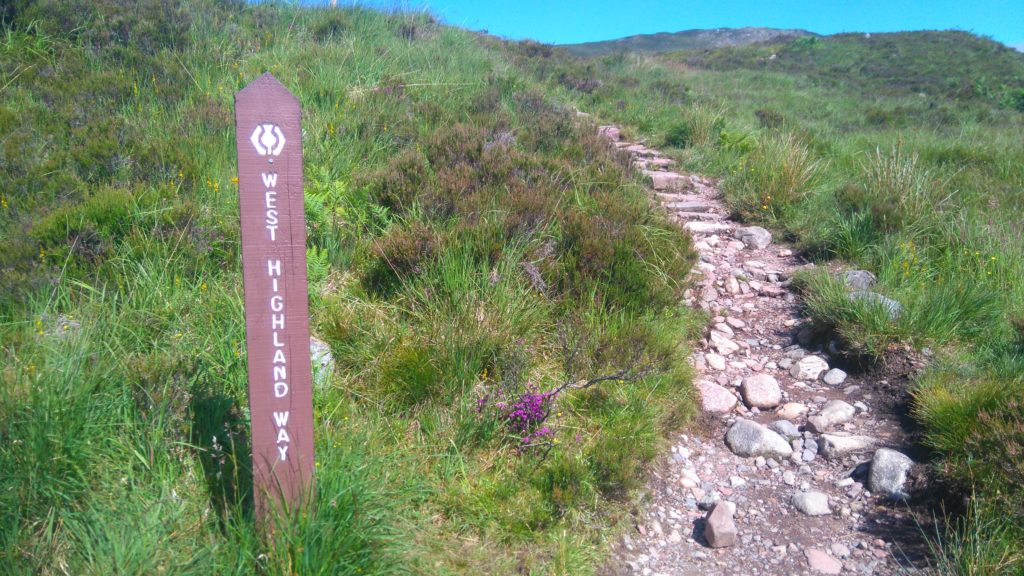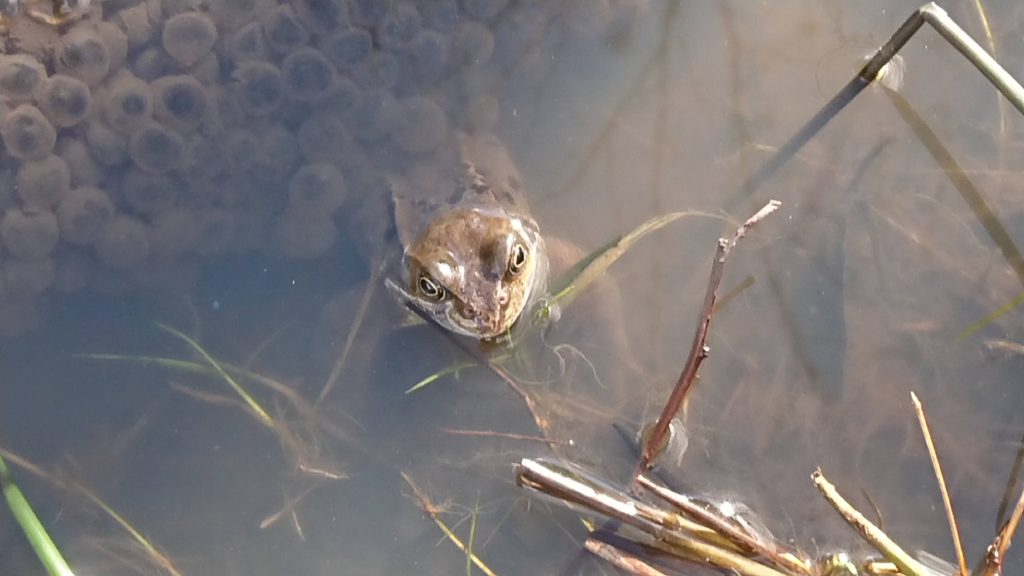It’s Day 5 of the #GrandWalkOut and we’re well into Staffordshire. Bob took the train from Stone back to Stoke and then walked to Stone. I did the shopping in Stone and then started walking at bridge 93.
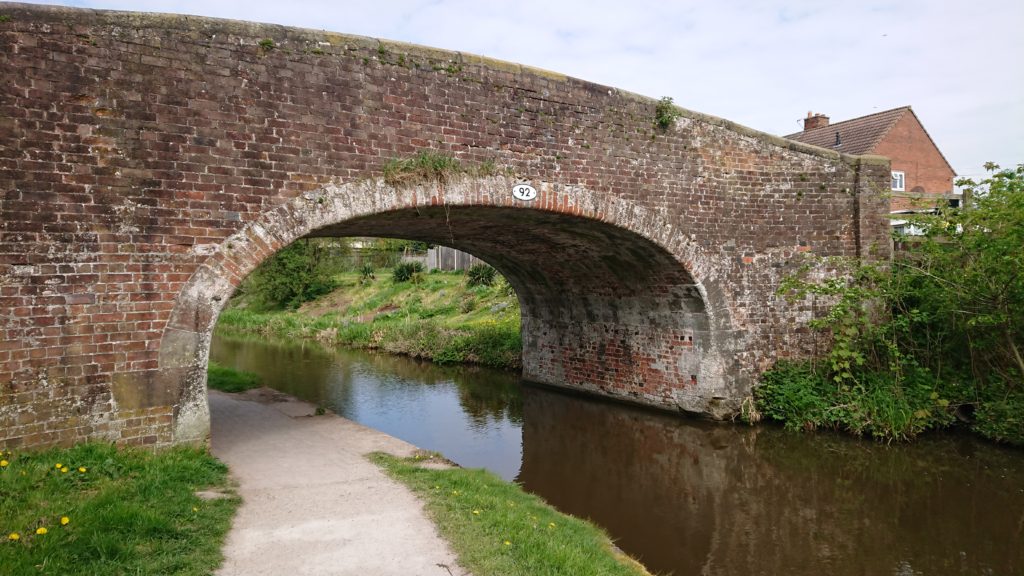
It’s pretty obvious to me that I’m not as fit this Spring as I was in 2019 when I started the End to End. I had Covid19 a month ago, having managed to avoid it for quite a long time. Although I have now recovered, I’m still tired and limiting my walking to about 6 miles or so per day at the moment.

The Trent and Mersey Canal was one of the first built, with work starting in 1776. Back by Josiah Wedgewood amongst others, it served his pottery works in Stoke. It’s beautiful to walk along today with wild flowers along the edges and swans nesting in the reeds.
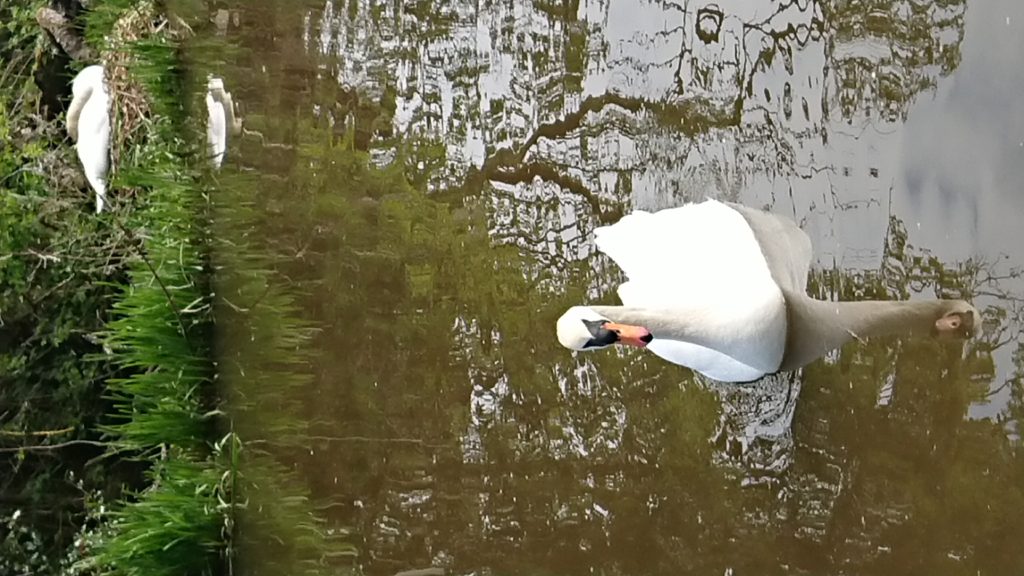
At Aston Lock I was half way along the length of the Trent and Mersey, with 46 miles either side of me. Whilst I have been to the Preston Brook end of the canal (in 2019), I’ve yet to make it to Shardlow (and won’t get there this time either).
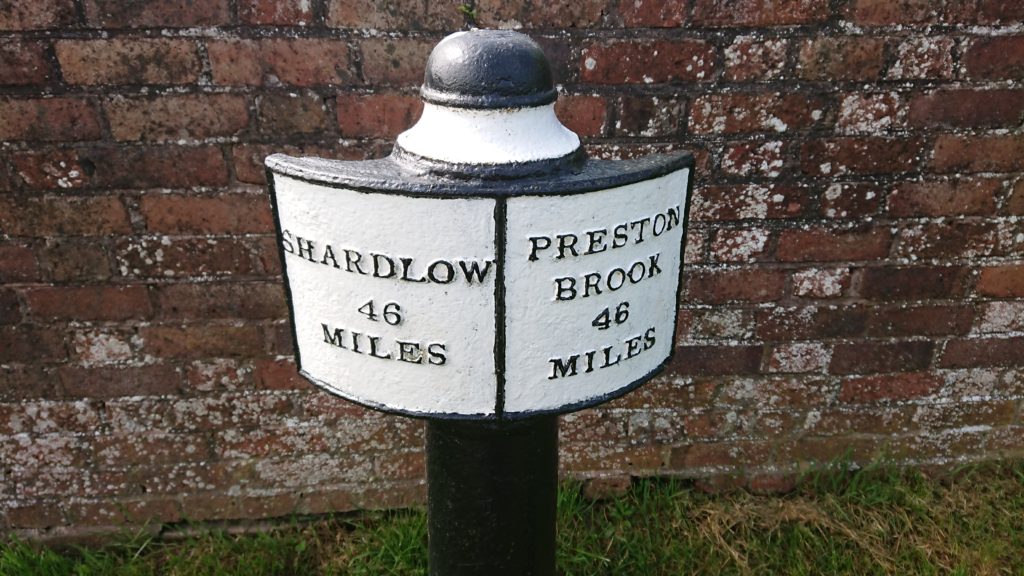
In the end I managed 10 bridges to Sandon. Counting bridges is a handy activity on canals. Each has their own character.
The Covid19 Pandemic has put fitness under scrutiny across the globe. It comes in many forms. Much of the Rule of St Benedict is about fitness, not just what the members of the community needed to stay fit and healthy, which was one of Benedict’s concerns. But also fitness for different roles in the community. Each role is carefully described, from the one who opens the door (the Porterer), to the one who keeps the stores (Cellarer) and the various types of leaders. He was trying to ensure that only those fit for each office was given the job so that each community could thrive. It’s still an important aspect of fitness to consider today.

As I plod on a few more bridges, my fitness is probably improving. Flat Canal walking is not too demanding, and there’s always the motivational ice cream at the end of the day.
From my remembered bible: Let us run the race….
Walk on.
From a Friend of Scholastica and a Member of the Lay Community of St Benedict.
Janet Lees, Day 5, Stone to Sandon.


